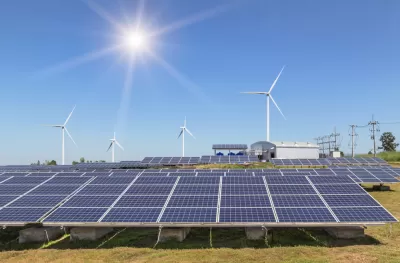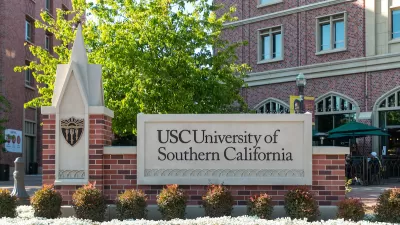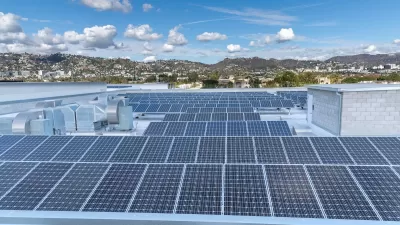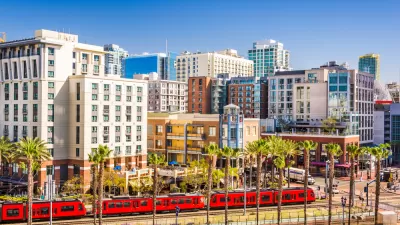Renewable energy enjoys broad public support—the utility industry is more skeptical.

Cities, counties, states, and large corporations are pledging, and in some cases already achieving, 100 percent renewable energy. New market research show that renewable energy is a "public relations juggernaut."
"The rapid spread and evident popularity of the 100 percent [renewable energy] target has created an alarming situation for power utilities," according to an article by David Roberts. "Suffice to say, while there are some visionary utilities in the country, as an industry, they tend to be extremely small-c conservative."
With so many customers demanding to transition to 100 percent renewable energy, Roberts says utilities have reasons for resisting change. "For one thing, most of them don’t believe the technology exists to make 100 percent work reliably; they believe that even with lots of storage, variable renewables will need to be balanced out by 'dispatchable' power plants like natural gas. For another thing, getting to 100 percent quickly would mean lots of 'stranded assets,' i.e., shutting down profitable fossil fuel power plants."
Roberts breaks down the recent market research that shows overwhelming support for renewables from the public, despite the concerns of utilities. A shockingly unified "messaging landscape" emerges, especially considering how many political and media figures still deny that humans cause climate change.
FULL STORY: Utilities have a problem: the public wants 100% renewable energy, and quick

Maui's Vacation Rental Debate Turns Ugly
Verbal attacks, misinformation campaigns and fistfights plague a high-stakes debate to convert thousands of vacation rentals into long-term housing.

Planetizen Federal Action Tracker
A weekly monitor of how Trump’s orders and actions are impacting planners and planning in America.

In Urban Planning, AI Prompting Could be the New Design Thinking
Creativity has long been key to great urban design. What if we see AI as our new creative partner?

Pedestrian Deaths Drop, Remain Twice as High as in 2009
Fatalities declined by 4 percent in 2024, but the U.S. is still nowhere close to ‘Vision Zero.’

King County Supportive Housing Program Offers Hope for Unhoused Residents
The county is taking a ‘Housing First’ approach that prioritizes getting people into housing, then offering wraparound supportive services.

Researchers Use AI to Get Clearer Picture of US Housing
Analysts are using artificial intelligence to supercharge their research by allowing them to comb through data faster. Though these AI tools can be error prone, they save time and housing researchers are optimistic about the future.
Urban Design for Planners 1: Software Tools
This six-course series explores essential urban design concepts using open source software and equips planners with the tools they need to participate fully in the urban design process.
Planning for Universal Design
Learn the tools for implementing Universal Design in planning regulations.
planning NEXT
Appalachian Highlands Housing Partners
Mpact (founded as Rail~Volution)
City of Camden Redevelopment Agency
City of Astoria
City of Portland
City of Laramie





























